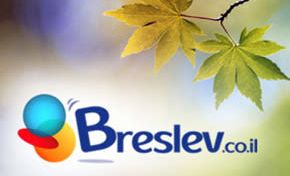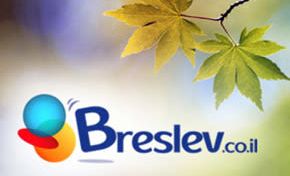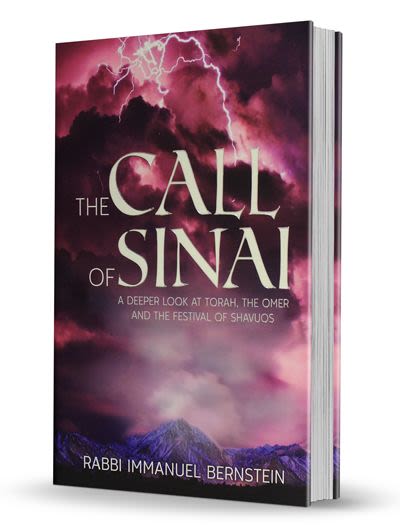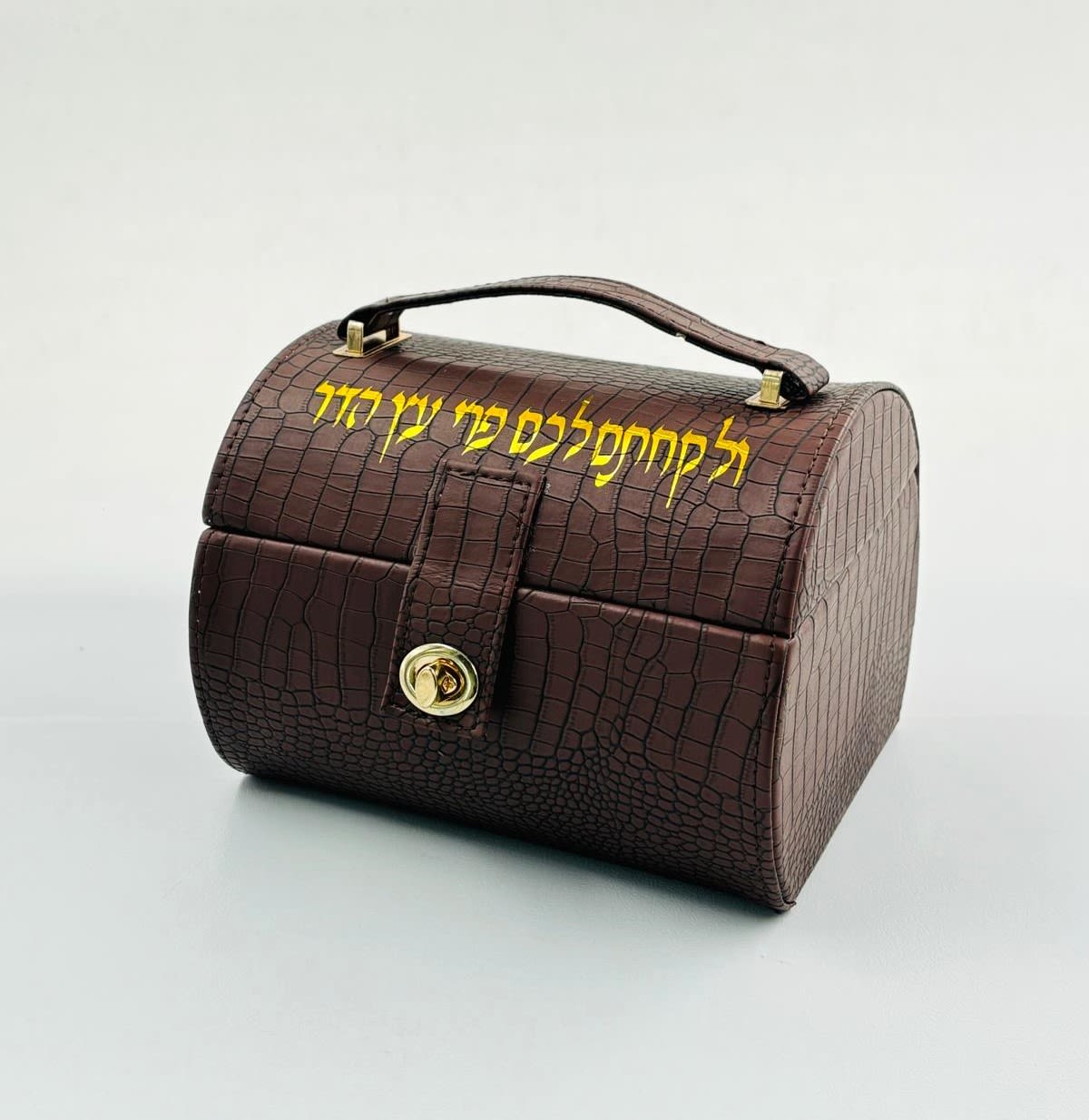
A Receptacle For Hashem’s Blessing
Intellectually, we understand that Hashem is in charge and that without His blessings all our effort is for naught. Yet, we have difficulty taking that...

Intellectually, we understand that Hashem is in charge and that without His blessings all our effort is for naught. Yet, we have difficulty taking that intellectual knowledge and bringing it down into our real world.
Zayin Cheshvan, the seventh of Cheshvan. In Eretz Yisrael, when we recite the Shmoneh Esrei, we say "v’ten tal umatar l’vracha," "Give dew and precipitation for a blessing" instead of "v’ten bracha" "Give a blessing." We beseech Hashem to provide us with the blessing of rain. Winter has officially begun.
Living in a world of sophisticated technology, we tend to lose sight of the fact that we are dependent on Hashem for everything – our livelihood, our health, our lives, our families, our children, and even our jobs. Whereas the farmer would go out into the fields, lift his eyes to the Heavens and ask the Almighty to send him rain, to keep the locusts at bay, and to give him the blessing of a bountiful crop, a large percentage of us automatically receive a monthly paycheck. The connection between our livelihood and Hashem’s blessings is, at best, a cognitive observation.
Intellectually, we understand that Hashem is in charge and that without His blessings all our effort is for naught. Yet, we have difficulty taking that intellectual knowledge and bringing it down into our real world, into how we relate to everything around us. Yes, we are obligated to work, to make every effort to be financially independent. It is a mitzvah to have a family, and part of that responsibility includes being responsible – doing our utmost to assure that we, as well as our children, are emotionally and physically healthy, and that all of our, as well as their, needs are met. It’s our responsibility, yet, it is not in our hands – a paradox as ancient as time itself.
But rain, well, it’s obvious to all of us that the blessing of rain is beyond our control. It’s obvious to everyone that that’s Hashem’s domain. Even while davening for rain, we ask that it be sent as a blessing – and not as a curse, i.e., a disastrous flood.
It’s a common saying that understanding the problem is half the solution. Hence, the paradox: On one hand we see results – if we work, we usually get a paycheck; if we don’t work, we usually have financial problems; if we take care of our health, we have a greater chance of remaining healthy; if we ignore our healthy, we usually have health problems. On the other hand, "ein od milvado," there is none other than Him, and all our endeavors are worthless.
But let’s go back to our farmer. He does not sit idly, twiddling his thumbs all day. He gets up at the crack of dawn to plow the land and plant his seeds. He makes sure to use the best fertilizers and carefully watches over his saplings. Yet, for all that hard work, he know that at any moment his entire crop can be devastated by locusts, lack of rain, or, at the opposite spectrum, flooding. For him, the paradox is non-existent. He must work hard to become a receptacle for Hashem’s blessing, but it is obvious that the blessing comes from Hashem, and not from his hard work.
This is the key to emunah. We must do whatever is necessary, both on a spiritual and physical level to make ourselves into receptacles for Hashem’s blessings, but the blessing is completely from Hashem. If we want to become better people, we must work at it. Yet, with all our hard work and effort, if we become a better person it is because that is Hashem’s desire. It is a blessing from Hashem. If we want to daven with more kavanah (intent), we must work at our davening. Yet, if we are able to daven with more kavanah, it is a blessing from Hashem. We want to support our family, we must find a job and work, yet, all our financial security is a blessing from Hashem. But we must make ourselves into receptacles to receive that blessing, just like the farmer plowed the field and planted the crop to become a receptacle to receive Hashem’s bountiful blessing.
There’s a beautiful story that illustrates this idea:
A poverty stricken woman came running to the house of the saintly Dr. Guardia, crying, "Doctor! Save my sick husband, the father of our eight children. The situation is desperate, doctor! Only you can help! Have pity!"
Dr. Guardia began casually brushing his coat, as though he had all the time in the world.
The distraught woman cried out, "How can you do this when you have the power to save his life?"
Unperturbed, Dr. Guardia started brushing his hat.
"Enough!" cried the woman. "It’s impossible to trust this doctor. Only You, Master of the World, You alone can help!"
Dr. Guardia immediately leaped out of the house and ran ahead to treat the man, who eventually recovered.
Afterwards, the woman asked the doctor, "Why did you take so long to come?"
"Don’t you understand?" replied Dr. Guardia. "It’s not the doctor who heals, but the angel (Hashem’s messenger) who goes with him. When you unthinkingly said only the doctor can help, I knew no angel would be willing to come with me, because the angels do not attach themselves to those who forget their Creator. It was only after you realized that only God can help was I able to come and attend to your husband" (Life of the Maggid of Mezritch by R. Y. Klapholtz).
Dr. Guardia had studied medicine. He did whatever was necessary, on a physical, corporeal level, to cure the woman’s sick husband. Yet, he understood, on both an intellectual and emotional level that he was nothing but a receptacle through which Hashem would send the cure. If Hashem was not there, helping him, all his knowledge and expertise were worthless.
May we all be blessed with a healthy and uplifting winter, and may we all become worthy receptacles to receive that blessing.












Tell us what you think!
Thank you for your comment!
It will be published after approval by the Editor.